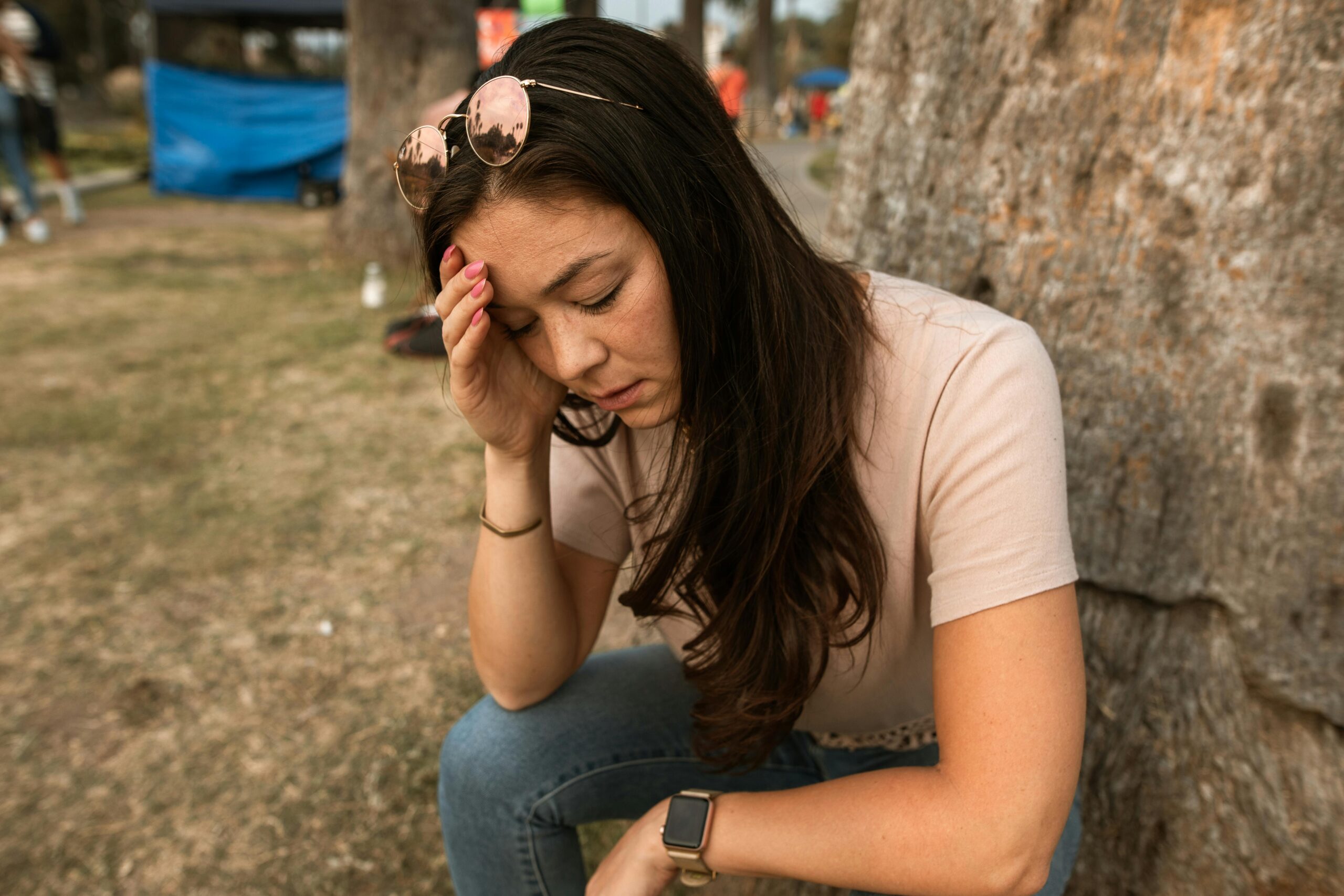Understanding Addiction and Mental Illness
Addiction and mental illness often intersect, creating complex challenges for those affected. But is it possible to be addicted without having a mental illness? This question is important for understanding addiction’s nature and how to address it effectively.
What is Addiction?
Addiction is a chronic disorder characterized by compulsive drug seeking and use despite harmful consequences. It alters brain function, leading to long-term changes that can affect behavior and decision-making. Addiction can be to substances like drugs or alcohol, or behaviors such as gambling.
Key Characteristics of Addiction:
- Craving: Intense urge to use the substance or engage in the behavior.
- Loss of Control: Inability to limit use or participation.
- Negative Consequences: Continued use despite knowing the harm it causes.
What is a Mental Illness?
Mental illness encompasses a wide range of mental health conditions that affect mood, thinking, and behavior. Common disorders include depression, anxiety, bipolar disorder, and schizophrenia. These conditions can disrupt daily life and relationships.
Key Characteristics of Mental Illness:
- Emotional Instability: Frequent mood swings or emotional responses.
- Cognitive Impairment: Difficulties with concentration, memory, or decision-making.
- Behavioral Changes: Altered behavior patterns affecting social interactions and daily functioning.
The Relationship Between Addiction and Mental Illness
Addiction and mental illness often co-occur, a phenomenon known as dual diagnosis or co-occurring disorders. This makes it challenging to determine whether one condition caused the other or if they developed simultaneously.
Statistics:
- According to the National Institute on Drug Abuse (NIDA), about half of individuals with a mental illness will also experience a substance use disorder at some point in their lives.
- Similarly, many who deal with addiction have one or more co-occurring mental disorders.
Can Addiction Exist Without Mental Illness?
Yes, addiction can exist without a diagnosed mental illness. Addiction alone can cause significant distress and functional impairment, mirroring symptoms of mental health disorders. However, the absence of a co-occurring mental illness doesn’t make addiction any less serious.
Factors Influencing Addiction:
- Genetics: Family history can increase susceptibility to addiction.
- Environment: Exposure to drugs, stress, and peer pressure can contribute to addiction.
- Psychological Factors: Low self-esteem or poor coping skills can make someone more prone to addiction.
Signs of Addiction Without Mental Illness
Identifying addiction without a co-occurring mental illness involves recognizing patterns and behaviors indicative of substance use disorder. Key signs include:
- Physical Dependence: Tolerance and withdrawal symptoms.
- Behavioral Changes: Neglecting responsibilities, isolating from loved ones.
- Emotional Disturbance: Irritability, agitation, or mood swings directly linked to substance use.
The Importance of Comprehensive Treatment
Treating addiction requires a comprehensive approach that addresses the whole person. This includes medical, psychological, and social aspects of recovery. At IntegroRecovery Clinic in Edina, MN, we specialize in personalized treatment plans that consider all facets of a person’s life.
Our Approach:
- Medical Intervention: DBT, CBT and medication-assisted treatment (MAT).
- Therapeutic Support: Individual, group, and family therapy.
- Holistic Care: Nutrition, exercise, and mindfulness practices.
Steps to Recovery
Recovery from addiction is a journey that involves several steps. Understanding these steps can help individuals and their loved ones navigate the path to sobriety. No one journey is the same and not all journey’s may involve all steps.
1. Acknowledgement
Recognizing the problem is the first crucial step. This often requires overcoming denial and accepting the need for help.
2. Seeking Help
Professional assistance is vital. At IntegroRecovery Clinic, our experienced staff provides the support and resources needed for effective recovery.
3. Detoxification
Detox is the process of clearing substances from the body. It can be challenging and often requires medical supervision to manage withdrawal symptoms safely.
4. Rehabilitation
Rehabilitation involves intensive therapy to address the underlying causes of addiction and develop healthy coping mechanisms.
5. Aftercare
Ongoing support and aftercare are essential for maintaining sobriety. This may include continued therapy, support groups, and regular check-ins with a healthcare provider.
How IntegroRecovery Clinic Can Help
At IntegroRecovery Clinic, we understand the complexities of addiction. Our team in Edina, MN is dedicated to providing compassionate, evidence-based care tailored to each individual’s needs.
Services We Offer:
- Comprehensive Assessments: To identify the full scope of addiction and any co-occurring conditions.
- Personalized Treatment Plans: Tailored to meet the unique needs of each patient.
- Holistic Therapies: Including mindfulness, yoga, and nutritional counseling.
Conclusion
Understanding that addiction can exist without a mental illness is crucial for addressing it effectively. At IntegroRecovery Clinic, we are committed to helping individuals in Edina, MN, and beyond achieve lasting recovery. If you or a loved one is struggling with addiction, contact us today to start the journey to a healthier, happier life.
Contact IntegroRecovery Clinic:
- Phone: (612) 442-3749
- Email: hello@integrorecovery.com
- Address: Southdale Medical Center – 6545 France Avenue Suite 501, Edina, MN 55435




Comments are closed